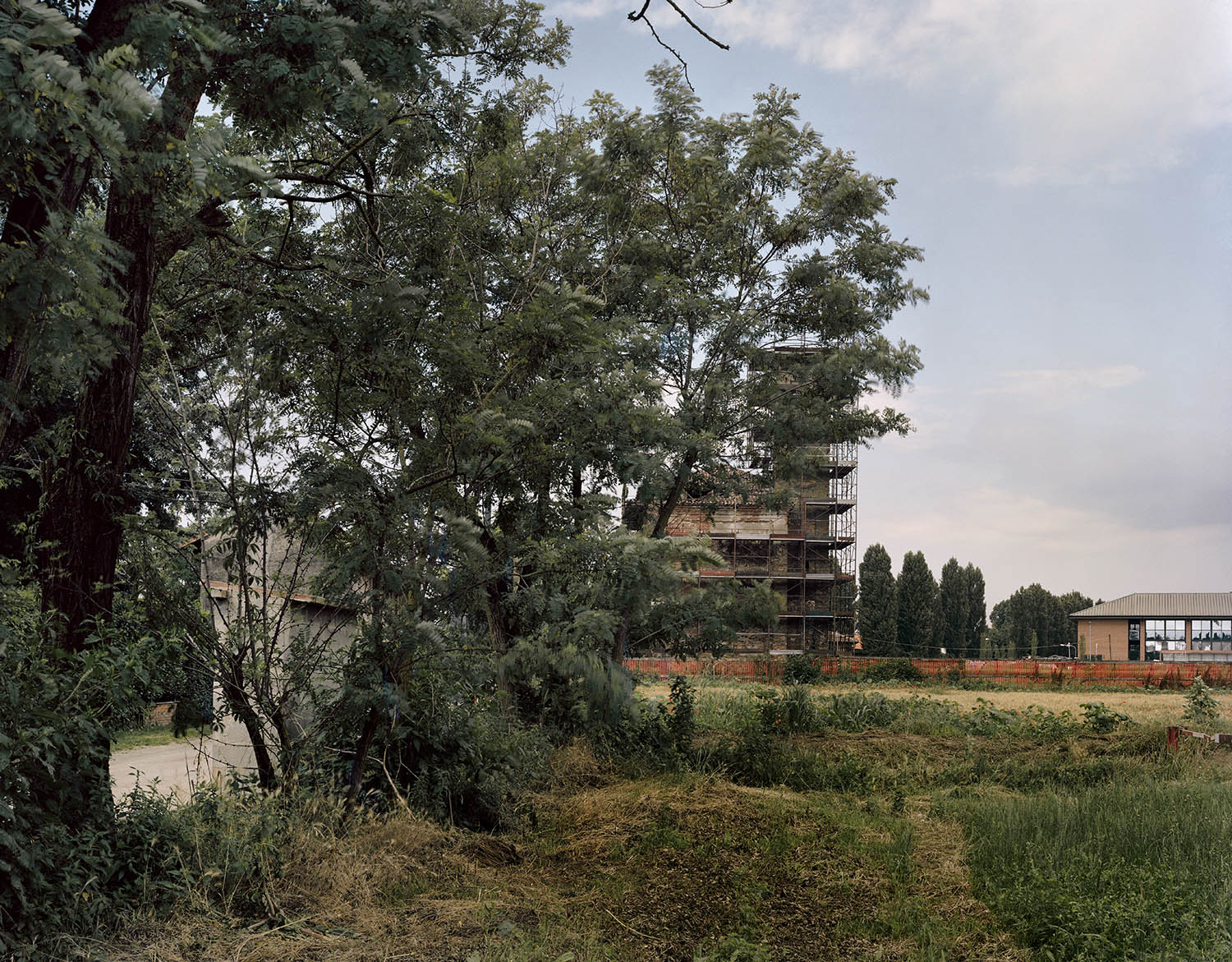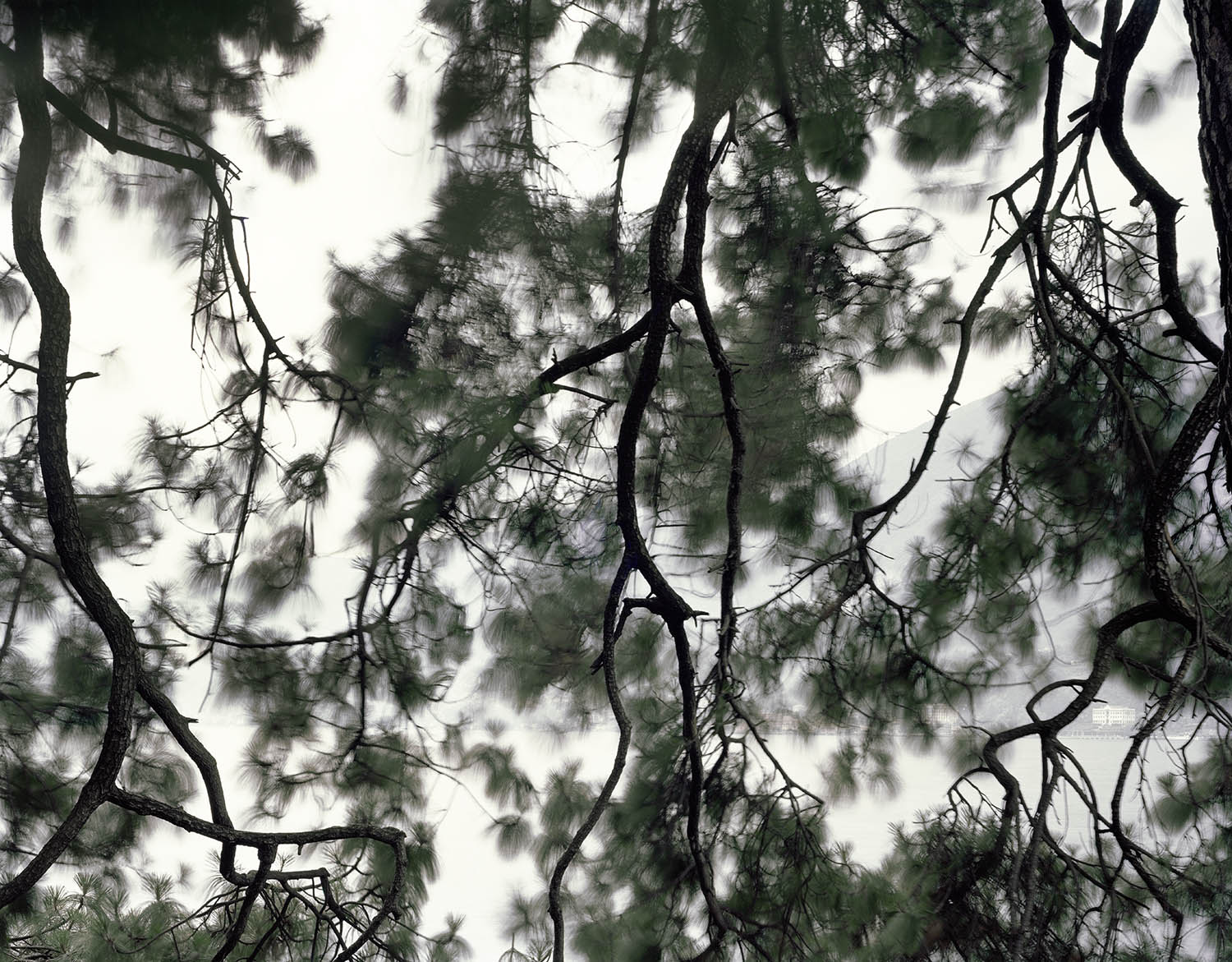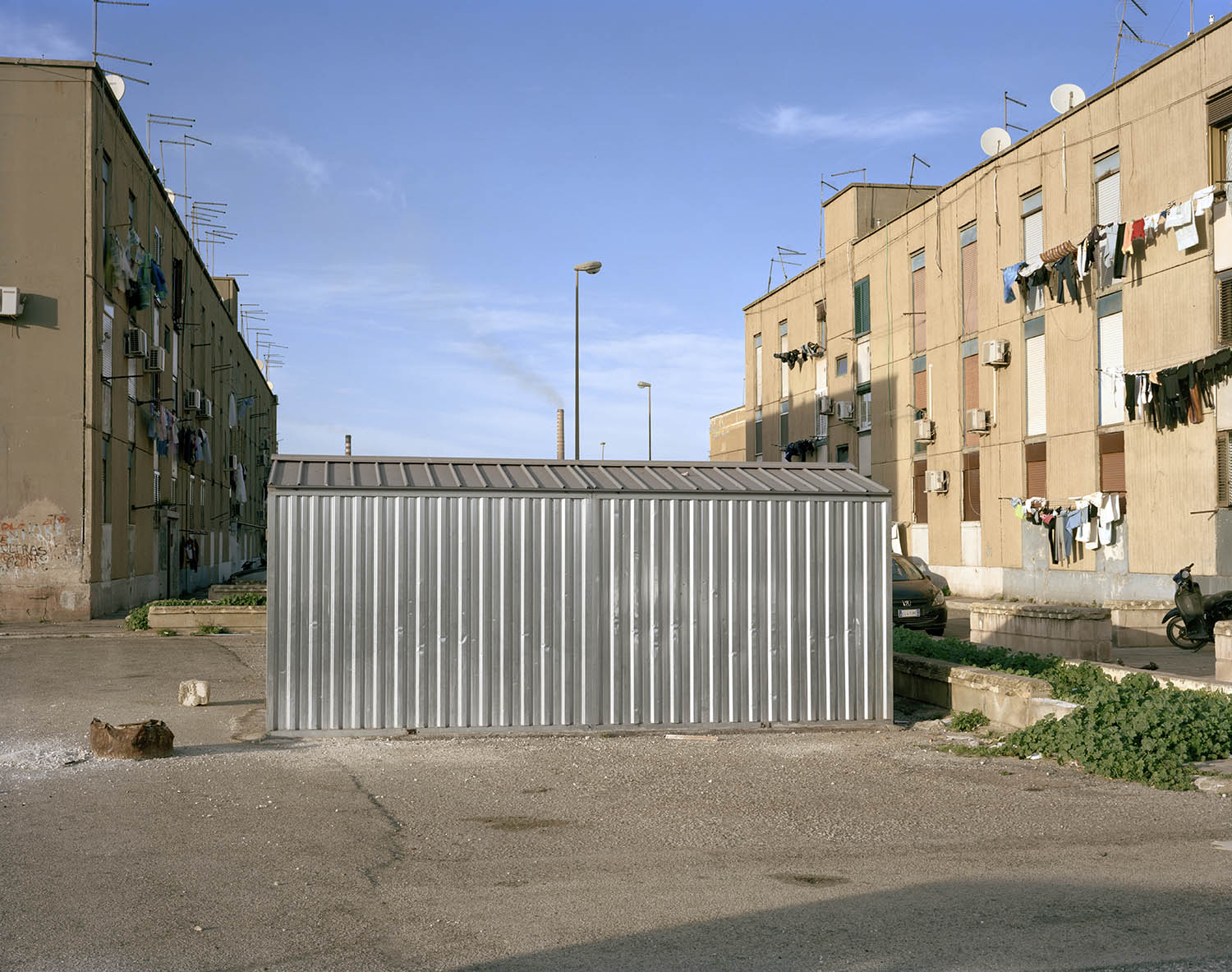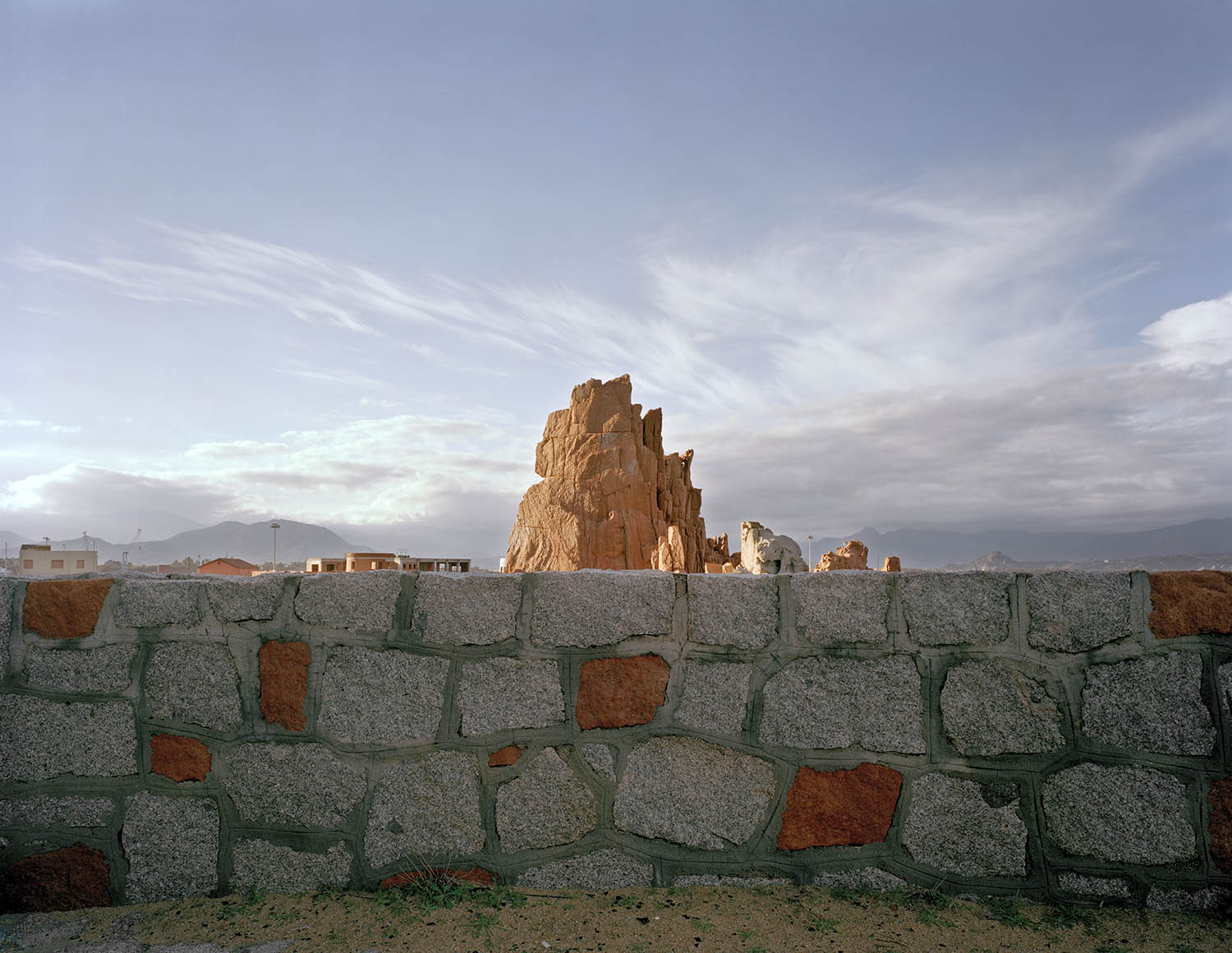Omicidio Bianco
Bianca la luce del pomeriggio, e la nebbia sul campo di pallone su cui crescevano le bianche gambe di noi ragazzi. E la fabbrica, più in là, bianca e pallida, a segnare il limite di un futuro che avremmo scoperto impossibile. Sarebbero venuti i giorni del lavoro e della dignità, in cui l’autodeterminazione personale avrebbe affiancato il progresso di un popolo, di una nazione, di un continente. I giorni in cui avremmo pagato il prezzo del castigo biblico, della suprema punizione per la nostra tracotanza. Ma noi, tra un battibecco e l’altro per un fallo subito, mentre il pallone rotolava oltre la massicciata, non conoscevamo ancora i salmi di questa liturgia. Così come non sapevamo che in quello stabilimento industriale, a qualche metro di distanza dalla nostra giovinezza, si forgiavano i sogni di un paese che non ha mai imparato a discriminare i sinonimi dai contrari e, a un tempo, la miserevole fine di quegli stessi sogni. Più avanti ci saremmo chiesti, nell’imbarazzo per la banalità che il nostro interrogativo impone, fino a che punto il lavoro coincidesse con il dovere: il dovere d’essere puntuali, alzarsi, ogni mattina, per spezzare la colonna vertebrale dei calendari, il dovere di un sissignore che ottunde ogni volontà, al solo fine di mangiare e bere, dormire e figliare, mettere un tetto in testa ai nostri bisogni primari. Sarebbe stata questa, la nostra dottrina. La dignità di vivere ma anche, come se tutto ciò non fosse il compromesso minimo per una mai sopita schiavitù, accollarsi il rischio di una morte che ci stronca la vita, in un soleggiato mattino feriale, proprio mentre stavamo lottando per averne una. White murder spoglia i luoghi della tragedia, tutta italica, che ancora è lavorare, restituendoli all’impassibilità degli spazi ambientali circostanti. Facendo leva sull’extra-testo, allontana da quei luoghi gli asfittici spettri del profitto famelico, della negligenza ormai sistemica, dell’anestesia che fa dimenticare all’opinione pubblica le storture di una macchina produttiva tentacolare e azzardata. Una serie di cartoline in cui si allude al disastro che è stato, in cui si teme il disastro che verrà.
Ne sono testimoni gli alberi e le spiagge, i torrenti e le rocce; la natura, nella sua imperturbabilità, allarga lo sguardo e favorisce la presa di coscienza di quello che, senza tema di smentita, è il più grande fallimento d’Italia, la più schiacciante prova dell’incapacità peninsulare d’essere umana. Mentre altrove, dalla Svezia al Giappone, si almanaccano soluzioni per migliorare il welfare dei lavoratori, per lavorare meno, per lavorare meglio, da noi certi discorsi assumono ancora i tratti eretici della speculazione esoterica. Di incidenti ne è pieno il mondo e i morti non hanno nazionalità. Ma gli ottanta lavoratori che in Italia ogni mese escono di casa per lavorare e muoiono, dicono, con voce tristemente muta, che non tutti gli incidenti si possono ascrivere alle fitte e incontrollate trame del caso. Additano il connivente disordine semantico che confonde il diritto alla sicurezza sul lavoro con un assurdo e stravagante lusso, o peggio, un eccesso di zelo. Il lavoro rende liberi: questa sentenza, dal sapore vagamente orwelliano, non tutela quelle donne e quegli uomini che si sono addormentati ingiustamente all’ombra di una promessa tanto grande, tanto ingannevole. Rimangono i titoli sui giornali, i numeri che ingrassano le statistiche, la nostra assertività bovina. Se saremo in grado di riorganizzare i vocabolari, lavoro e dignità godranno allora di nuova sinonimia. Per ora, come se quei ragazzi che eravamo presentissero l’assassino vestito di bianco occupare l’intera fabbrica sullo sfondo, non metteremo più piede su quell’improvvisato campo di pallone. Ricorderemo fino alle lacrime i calli sulle mani dei nostri padri, e rifletteremo sui nostri, e smetteremo di portare a spalla il feretro del nostro futuro. Testo di Vincenzo Montisano












